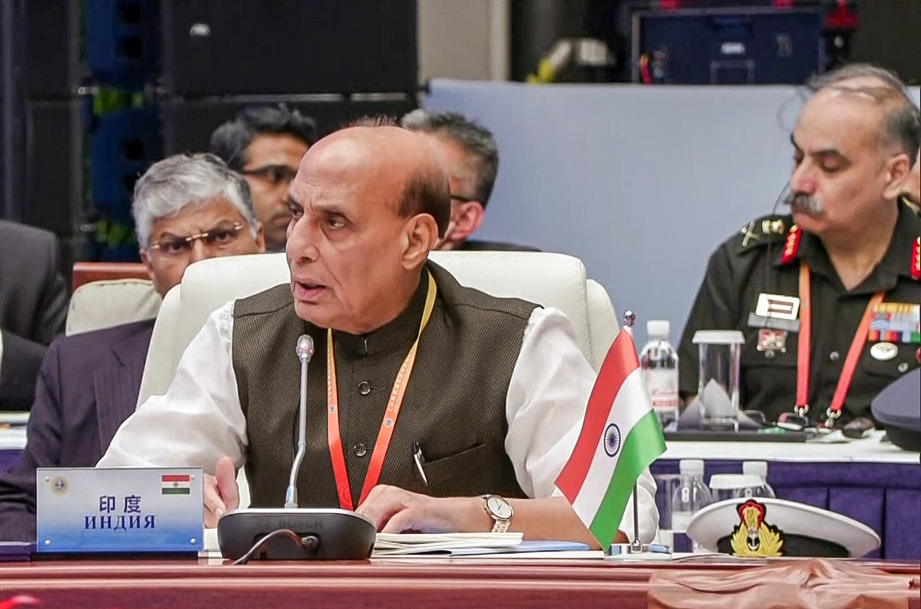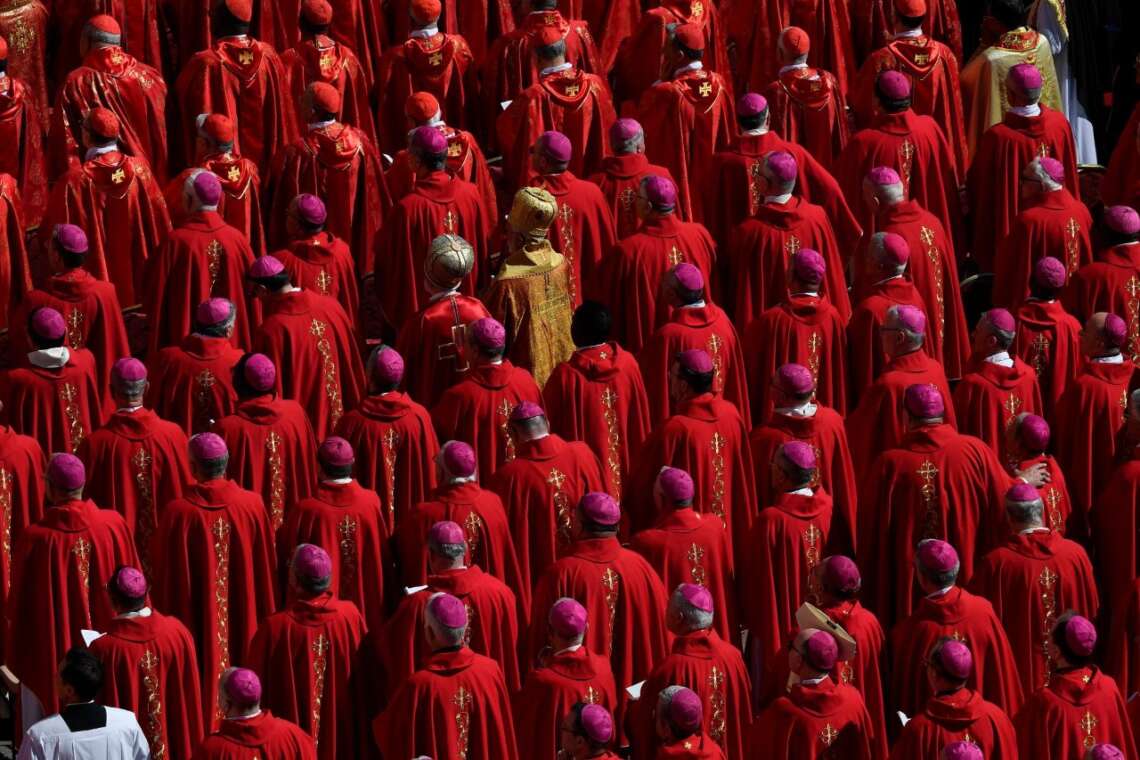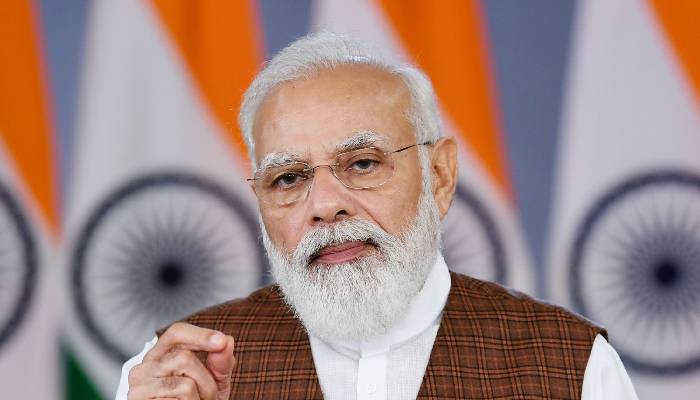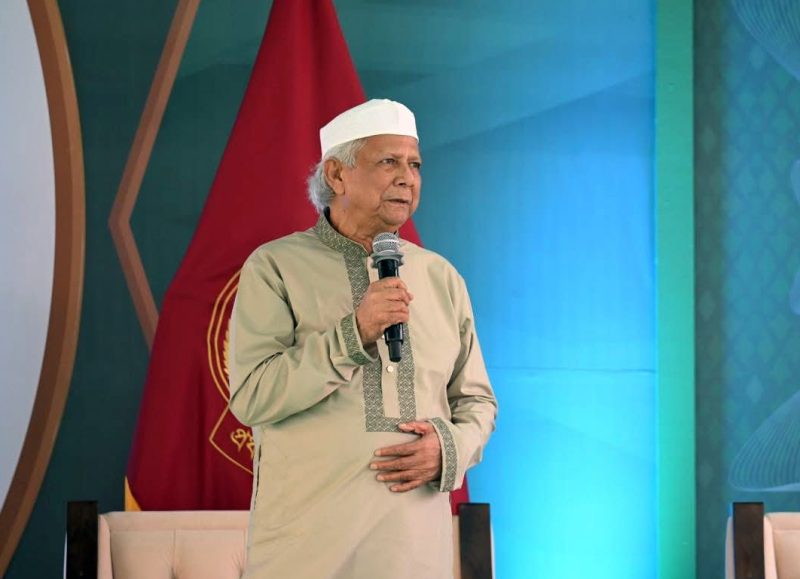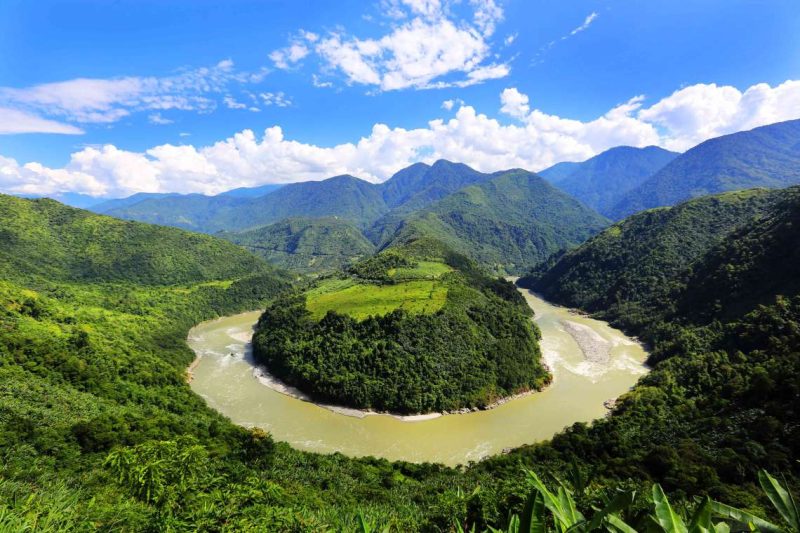A planned $379 billion expansion of gas infrastructure in Asia risks becoming stranded assets as the world turns away from fossil fuels, a new report by the San Francisco-based Global Energy Monitor (GEM) said on Tuesday…reports Asian Lite News
The gas build-out undermines pledges by several Asian countries to achieve net zero emissions as part of a transition to renewables by mid-century, and it is occurring despite a June 2021 warning by the International Energy Agency that achieving net zero globally depends on halting all future fossil fuel development.
The key findings of the report include the $379 billion in new gas infrastructure in Asia includes $189 billion of gas-fired power plants, $54 billion of gas pipelines, and $136 billion of new liquefied natural gas (LNG) import and export terminals.
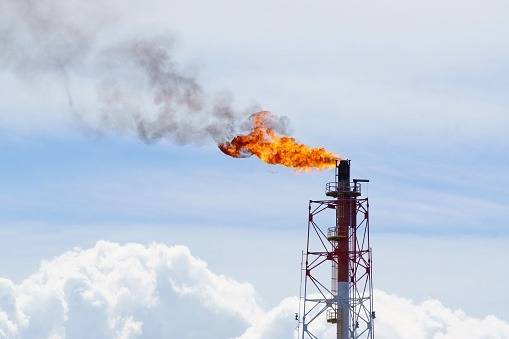
“Asia’s proposed gas build-out is a risky $379 billion bet,” said Robert Rozansky, author of the report.
“If built, this new fleet of gas infrastructure could threaten Asian countries’ efforts to reach net-zero emissions. With continued unaffordable LNG prices and extreme volatility in the market, many of the planned projects in Asia will become unbankable and could shore up heavy costs to the state in decommissioning.”
“Emissions from existing gas projects are already too great for the world to have at least a 50 per cent chance of limiting global warming to 1.5 C,” said Ted Nace, Executive Director of GEM.
“If built, these new Asian gas projects would lock-in emissions for decades, and worsen the long-term effects of climate change.”
GEM’s study finds that public institutions provided $22.4 billion in financing for gas projects in Asia between 2014 and 2018, and there is a risk that this funding could continue.
Recent announcements by the Asian Development Bank, World Bank, and others show that these institutions have not yet committed to withdrawing from gas financing, and remain open to funding midstream infrastructure and power plants.
ALSO READ: Canada and Germany publishes $100bn annual climate finance roadmap
Countries around the world will gather next week for the climate conference COP26, which will include putting forward new targets to keep global warming within 1.5C degrees.
Ahead of the conference, there has been increased focus on gas as one of the primary causes of climate change because of its high methane content.
Methane is up to 86 times more potent than carbon dioxide at warming the climate over a 20-year period.



